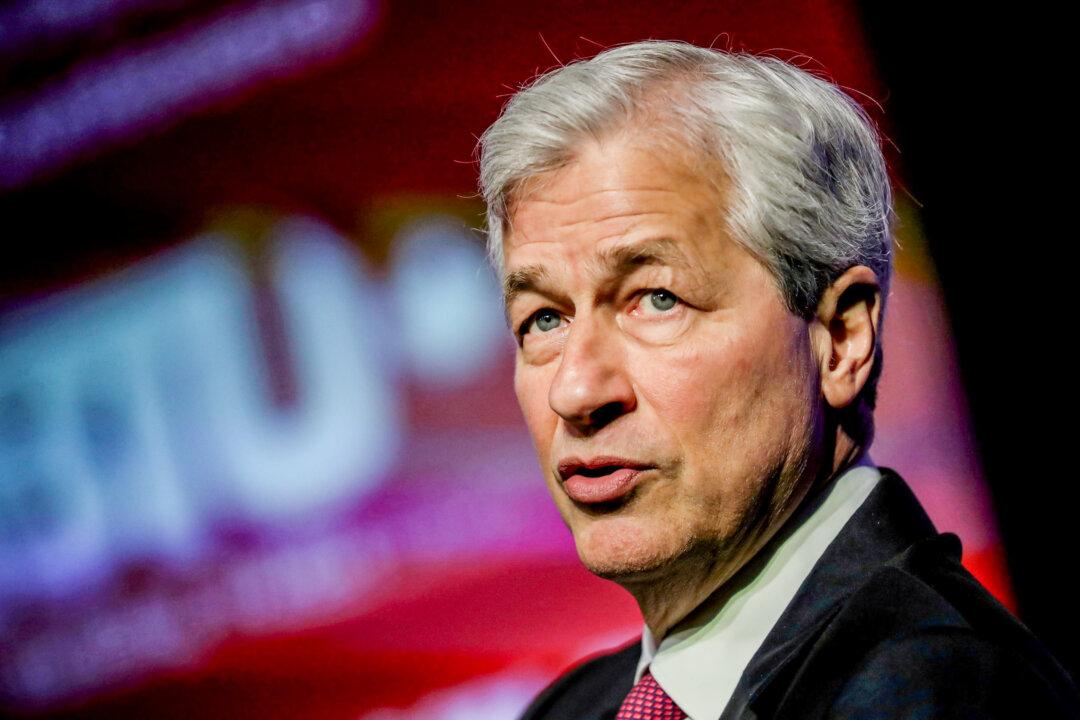JPMorgan CEO Jamie Dimon said Thursday that Americans will feel economic “pain” before an agreement is reached on raising the debt ceiling and markets will start to experience frightening turbulence as a possible default gets closer.
Dimon made the remarks in an interview with CNN on Thursday, predicting that deadlocked Democrats and Republicans will reach a deal on lifting the debt cap beyond the current $31.4 trillion within a few months—but not before Americans suffer some economic hardship.





